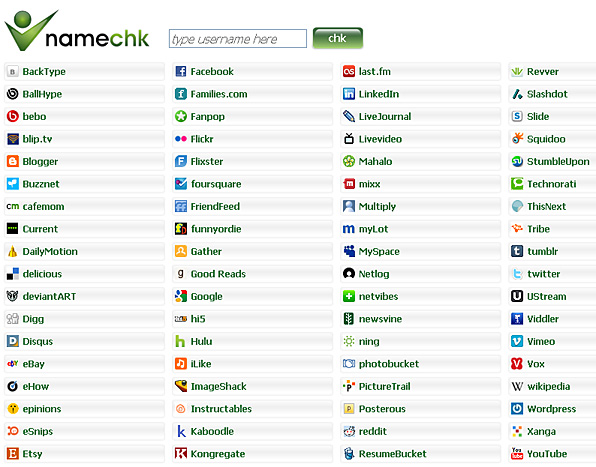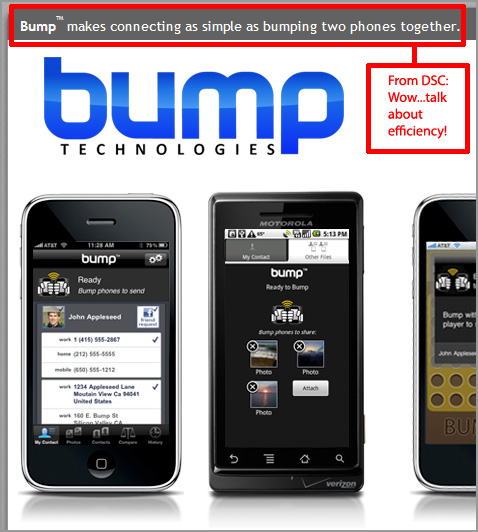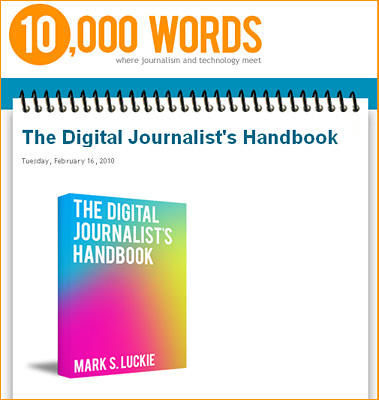Introduction to Team-based Authoring (webinar)
Streamline training development & delivery (emphasis below from DSC)
- Leverage a scalable, flexible platform that enables anyone to contribute
- Alleviate the burden on SMEs and instructional designers to create, manage, and deliver all learning content
- Collect knowledge and ideas from members to incorporate into formal learning courses
- Ensure diverse perspectives in learning materials, rather than the singular view of individually developed courses
- Supplement interim periods between formal learning events with a member-created, continually evolving knowledge base of best practices, FAQs, etc.
About Mzinga
Mzinga is the leading provider of social software, services and analytics that improve business performance. Through a combination of enterprise-class technology, strategy and online moderation services, Mzinga social solutions enable businesses to increase revenue and lower costs by improving brand visibility, workplace satisfaction, and customer loyalty. With 14,000 communities under management, Mzinga services more than 1 billion monthly page requests from 40 million unique visitors in 160 countries worldwide.




























